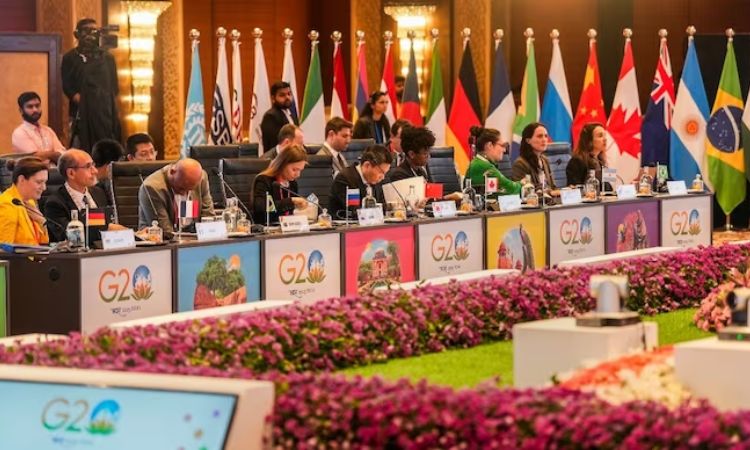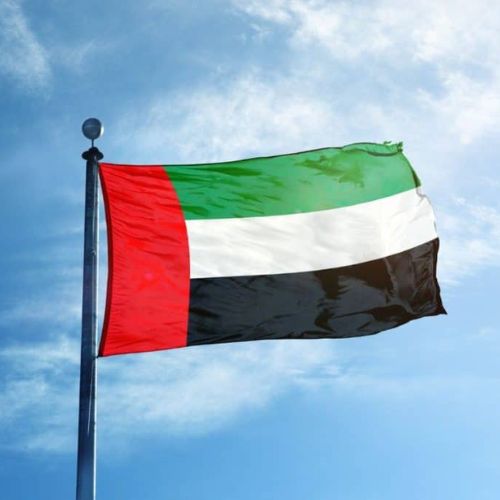At the G20 summit, President Joe Biden and leaders from India, Saudi Arabia, and the UAE are set to unveil a strategic infrastructure plan to connect Gulf and Arab nations, bolstering regional ties and countering China’s influence.

Media reports suggest that at the upcoming G20 summit, President Joe Biden of the United States, along with the leaders of India, Saudi Arabia, and the United Arab Emirates, is anticipated to unveil a collaborative infrastructure agreement.
This initiative is a crucial component of Washington’s strategy to counterbalance China’s growing influence in the region.
The proposal, possibly slated for an announcement this Saturday, envisions establishing an intricate network of railways to connect Gulf and Arab nations. Additionally, it aims to establish maritime links, connecting these countries with India via regional ports.
Jake Sullivan, Biden’s national security advisor, expressed the significance of this connectivity project, stating, “We believe that establishing a robust link from India across the Middle East to Europe holds immense economic and strategic value for all participating countries.” Earlier this year, Sullivan engaged in discussions with Saudi Arabian, Indian, and UAE representatives during his visit to Saudi Arabia, focusing on this very initiative.
Notably, Saudi Arabia and the UAE, both United States allies, have been increasingly strengthening their relations with China in an effort to tap into the rapid growth of eastern economies. Recently, they announced their intention to join the BRICS group, an association of emerging market nations led by China, reflecting their pivot towards the East.
The BRICS nations, which include Brazil, Russia, India, China, and South Africa, are striving to enhance their influence and reduce US dominance in global economic and trade affairs, particularly regarding the role of the US dollar.
Additionally, a US-backed proposal aimed at expediting land-trade routes between Gulf Arab countries and the Mediterranean Sea has been floated, albeit with no fixed timeline for implementation. This proposal has garnered interest from both Israel and Gulf nations.
Over the past few years, the United States has been actively countering President Xi Jinping’s Belt and Road Initiative, a massive infrastructure investment project in emerging markets. China has also deepened its engagement with the Middle East, contributing to a detente between Saudi Arabia and Iran earlier this year.
Looking ahead, President Xi is set to host a Belt and Road summit in Beijing next month, where world leaders, including Russian President Vladimir Putin, will convene to discuss further developments in this ambitious initiative.















